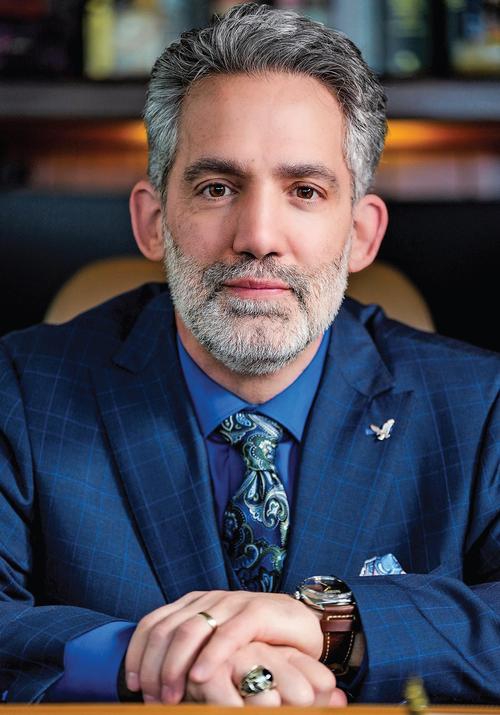How to Recognize Signs of Elder Abuse
The following factors on their own may not be an indication of elder abuse or neglect; however, they can help when assessing suspected cases of abuse:
Possible indicators of physical abuse
- Unexplained injuries such as bruises, welts, broken bones, and/or burns
- An injury that has not been properly cared for
- Soiled bed linen or clothing
- Improper use of an elder’s medication
Possible indicators of financial abuse
- Signatures on checks or other financial documents that do not match the elder’s signature
- Unusual or inappropriate activity in bank accounts
- Numerous unpaid bills that the caregiver is responsible for paying
- Missing valuable belongings
- Deliberate isolation of an elder to allow a caregiver sole responsibility
- Recent changes to a will or power of attorney that relinquish the elder’s power
- Lack of grooming items and sufficient clothing when the elder has sufficient funds to purchase these items
Possible indicators of psychological abuse
- The elder shows fear in the presence of the caregiver
- The elder is reluctant to talk to another person in the presence of the caregiver
- The elder gives implausible stories in explanation to injuries
- The elder shows signs of depression and withdrawal
Possible indicators of neglect
- The elder is improperly dressed
- The elder is undernourished or dehydrated
- The elder shows signs of lack of hygiene such as urine smells, soiled underwear, and clothing
- There are safety hazards in the elder’s immediate environment
- The elder has sores, rashes, or lice
- The elder is not receiving the required medication
|
Related links: |

